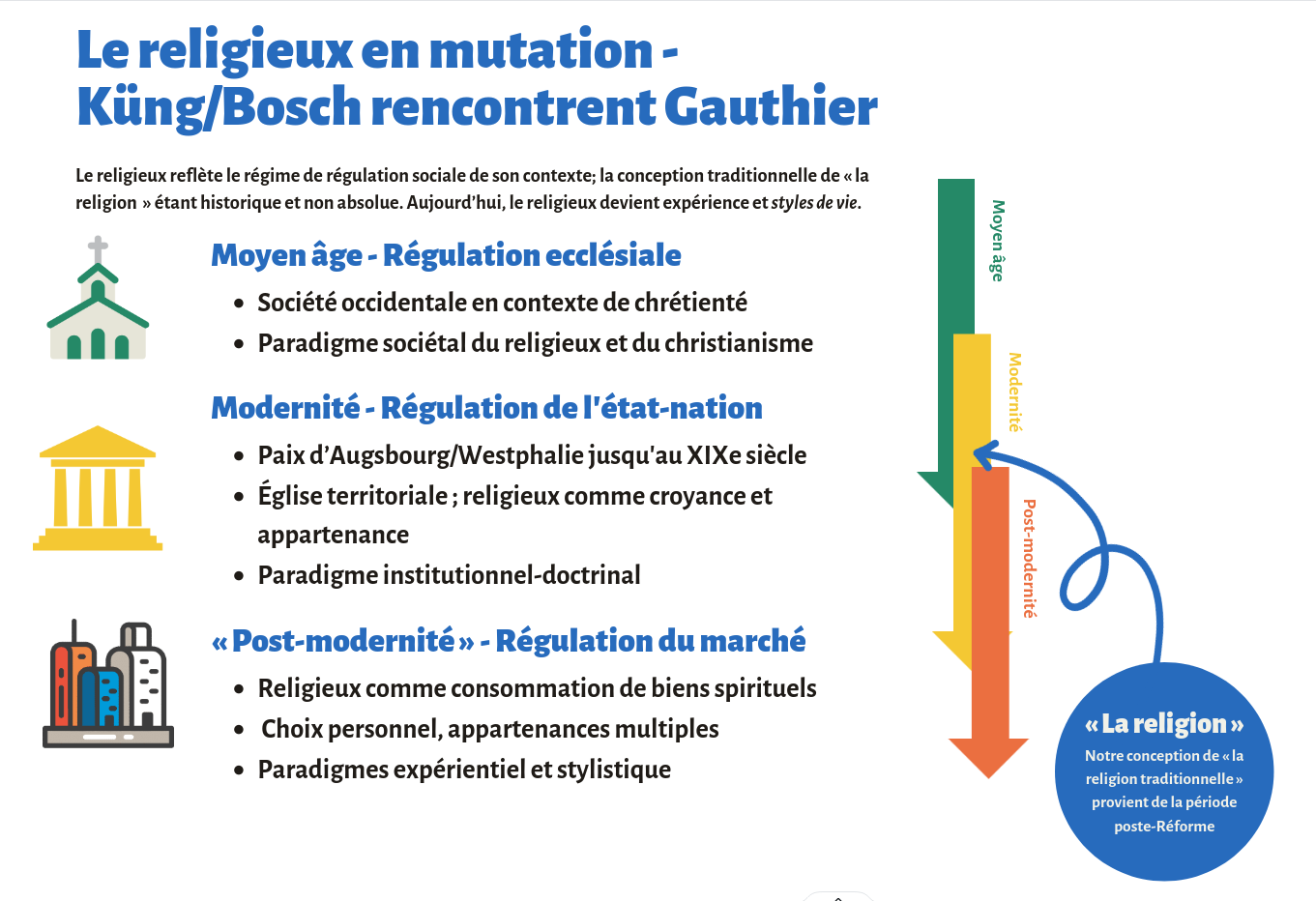Five paradigmes of Christian faith
Previous post : The style of the joy and hope of the gospel
Western society is undergoing a transition from a doctrinal-institutional paradigm of faith and religion to an experiential-lifestyle understanding. What would Christianity, and Christian mission, look like if we viewed them as a way of life?
The society we live in influences how we perceive the Christian faith, as if culture were as a lens or a window framing our view of the landscape behind it. The patterns we learn from our social context provide us with resources to understand the world, but they also color our understanding of the world, and they can hinder us from grasping the fullness of our reality.
This has been happening throughout the history of Christianity – the ways of thinking of each culture where Christians have found themselves have, for better or for worse, changed our thinking about the Kingdom of God, and the gospel in turn has renewed these cultures by the presence of the God who dwells there with his people.
This is the idea of paradigms, or mental models that help us think, understand, and categorize similar ideas and phenomena. My theological project is based on recognising five of these paradigms that have guided Christian thought and mission over the past 500 years: Christianity as society, Christianity as institution, Christianity as doctrine or belief, Christianity as experience, and Christianity as lifestyle.
In short, we are moving from a doctrinal-institutional paradigm of faith and mission to an experiential-stylistic understanding. Experience is at the heart of many contemporary Christian movements, from Pentecostalism to contemporary Christian worship. But what would happen to Christianity, and Christian mission, if we chose lifestyle as our point of entry?
One of the changes that this shift will require is to move away from another paradigm of mission: the event-based paradigm. This will be the subject of my next post…